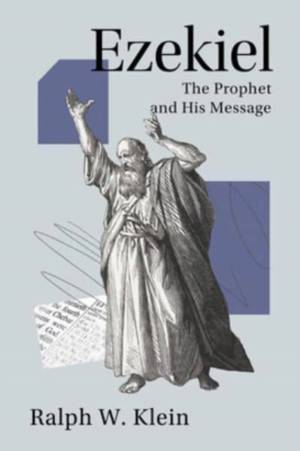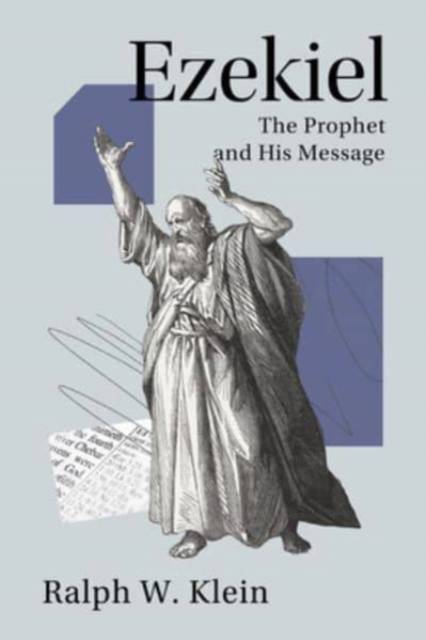
- Afhalen na 1 uur in een winkel met voorraad
- Gratis thuislevering in België vanaf € 30
- Ruim aanbod met 7 miljoen producten
- Afhalen na 1 uur in een winkel met voorraad
- Gratis thuislevering in België vanaf € 30
- Ruim aanbod met 7 miljoen producten
Omschrijving
Ezekiel was an ordinary person, called "mortal" by God more often than his own name. Yet because of the radical times, Ezekiel reacted in a radical way through his unusual lifestyle and his sharp theological diagnosis. His important message about judgment and hope came at a critical moment of Israel's history.
This volume is not a biography about the prophet Ezekiel. It is a literary and theological analysis of a biblical document left behind by a nearly anonymous and mostly unknown prophet. Ralph W. Klein analyzes the shape of the book, deciphers its imagery, comments on its technical vocabulary, and relates its parts to one another.
Ezekiel's passionate diagnosis of the incompatibility between the failings of ancient Israel and the potential for its ongoing history also calls into question modern assumptions about the inevitable viability of synagogue, church, and society. His nearly unbounded optimism about the radical transformations that can be expected when God dwells with people has important implications for all heirs of the prophet in the community of the faithful who know that the name of their city is--or ought to be--"Yahweh is there."
Specificaties
Betrokkenen
- Auteur(s):
- Uitgeverij:
Inhoud
- Aantal bladzijden:
- 209
- Taal:
- Engels
Eigenschappen
- Productcode (EAN):
- 9781506491974
- Verschijningsdatum:
- 12/03/2024
- Uitvoering:
- Paperback
- Formaat:
- Trade paperback (VS)
- Afmetingen:
- 150 mm x 226 mm
- Gewicht:
- 340 g

Alleen bij Standaard Boekhandel
Beoordelingen
We publiceren alleen reviews die voldoen aan de voorwaarden voor reviews. Bekijk onze voorwaarden voor reviews.











